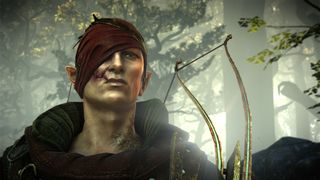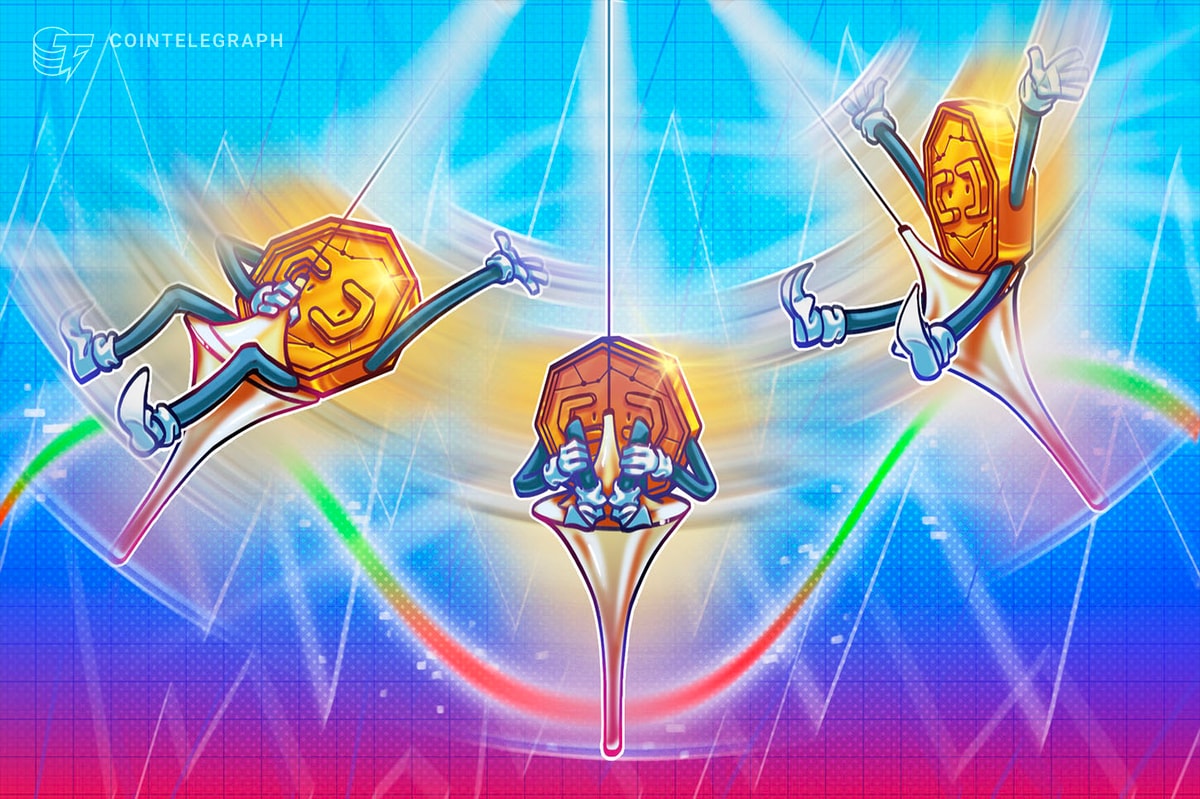The Witcher 3 was an excellent game. An all-timer game. One of the greats. But it had one fatal flaw: The total absence of Iorveth, everyone's favourite focoist guerilla elf boyfriend from The Witcher 2.
But per the third volume of What Lies Unseen—a datamined development history of The Witcher 3 from modders Moonknight, Ferroxius, Crygreg, and Glassfish—that wasn't always the case. In fact, Iorveth was going to have a major role, one that saw him attempt an assassination of the Nilfgaardian emperor (you know, Charles Dance) in order to secure a cure for the Catriona plague.
In The Witcher 3 we actually got, the Catriona plague is one of the many things that make the war-torn countryside of Velen such an unpleasant place to be. It's ravaging village after village in the wake of Nilfgaard's invasion, but it never really plays a major role in the game's story, outside of Keira Metz' quest-chain to find a possible cure.
That wasn't always the case. In a 154-page document, our datamining heroes lay out a huge, scrapped questline centred on finding a cure for the plague featuring Roche, Thaler, Iorveth, Ves, the Emperor Emhyr, and even Mr Mirror, who ended up becoming the main antagonist of the Hearts of Stone DLC. The modders emphasise that this is just what they've pieced together from scrapped info left in the game and "other leaked information," so some elements of it are conjecture. Still, the whole thing is a fascinating glimpse at a game that could have been.
It's pretty long (thus the 154 pages), but basically, the whole thing would have revolved around Geralt's pursuit of a villain called Hector Krafft Ebing, a Mengele-esque mad scientist who rides with the Nilfgaardians. Hector's gone and ensnared himself in a deal with a demon, and Geralt would have had to chase him down in order to exact some kind of justice for his crimes and to stop the demon running amok, themes that would later be put to use in the Hearts of Stone expansion.
This being The Witcher, and Hector being a (sort of) doctor, all that would overlap with the quest to cure the Catriona plague, which would itself lie atop Roche and Thaler's plan to kill the Emperor and their mésalliance with Iorveth, who'd quite like to find the cure for himself. Other characters like spymaster Sigismund Dijkstra would have popped their head up too, eventually providing a different lead-in to the questline that sees Geralt and co assassinate Redania's King Radovid than the one we got in the actual game.
Does that sound complicated to you? Because it sure sounds complicated to me, and a lot harder to pull off than the relatively simple stories we ended up getting. The real Witcher 3 had no Hector, no Iorveth, and the plague was more of a background event. No wonder CDPR eventually scrapped the whole thing in (per What Lies Unseen's authors) October 2014 because it just "wasn't coming together."
Probably for the best, but I would have liked to see what the game would have been like if CDPR had pulled it off, and as someone who's ride-or-die for my boy Iorveth, I would have doubly liked to see him make a return in the game. I wonder, too, if the different lead-in to the Radovid assassination questline might have made that whole thing go down a bit smoother. As it is, that story caps off with one of the worst bits of writing in the whole game: Dijkstra taking to the stage to ask Geralt to politely leave so he can murder his friends. Maybe that would have actually, uh, made sense in the version that could have been?

 2 weeks ago
7
2 weeks ago
7









 English (US) ·
English (US) ·